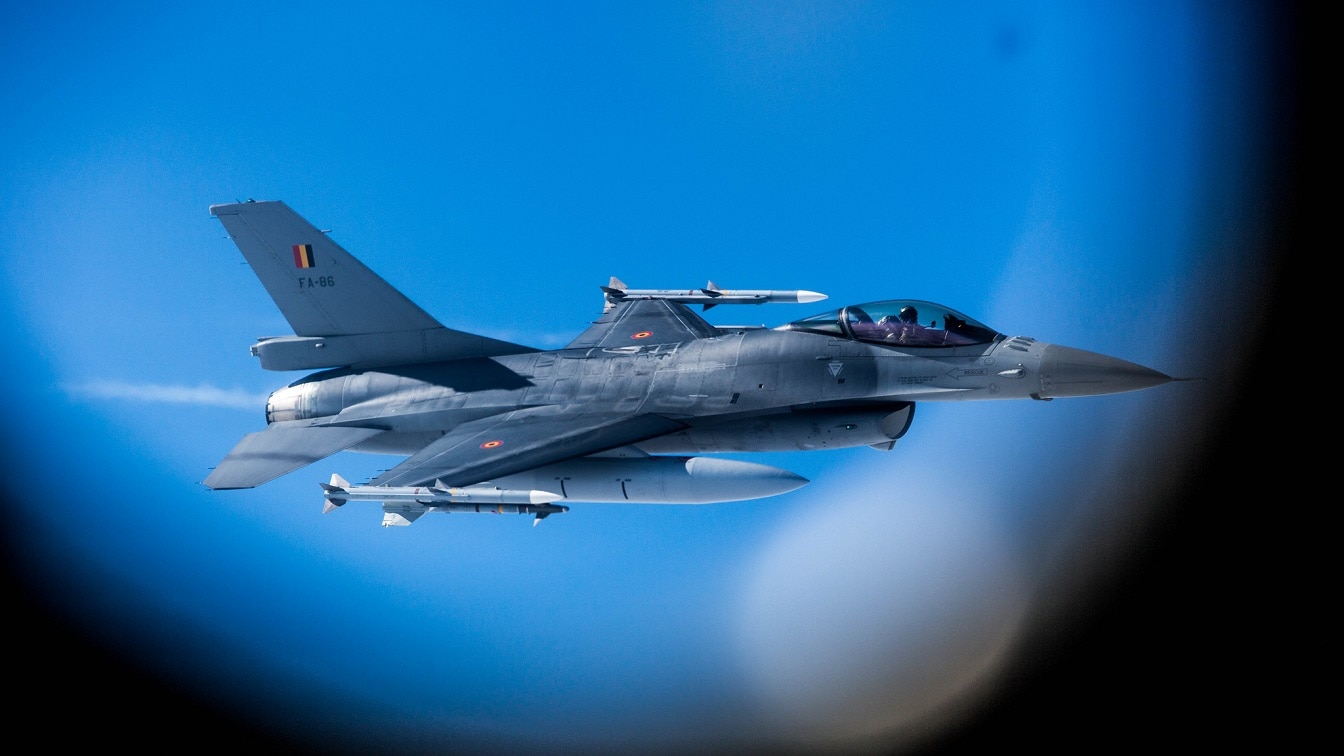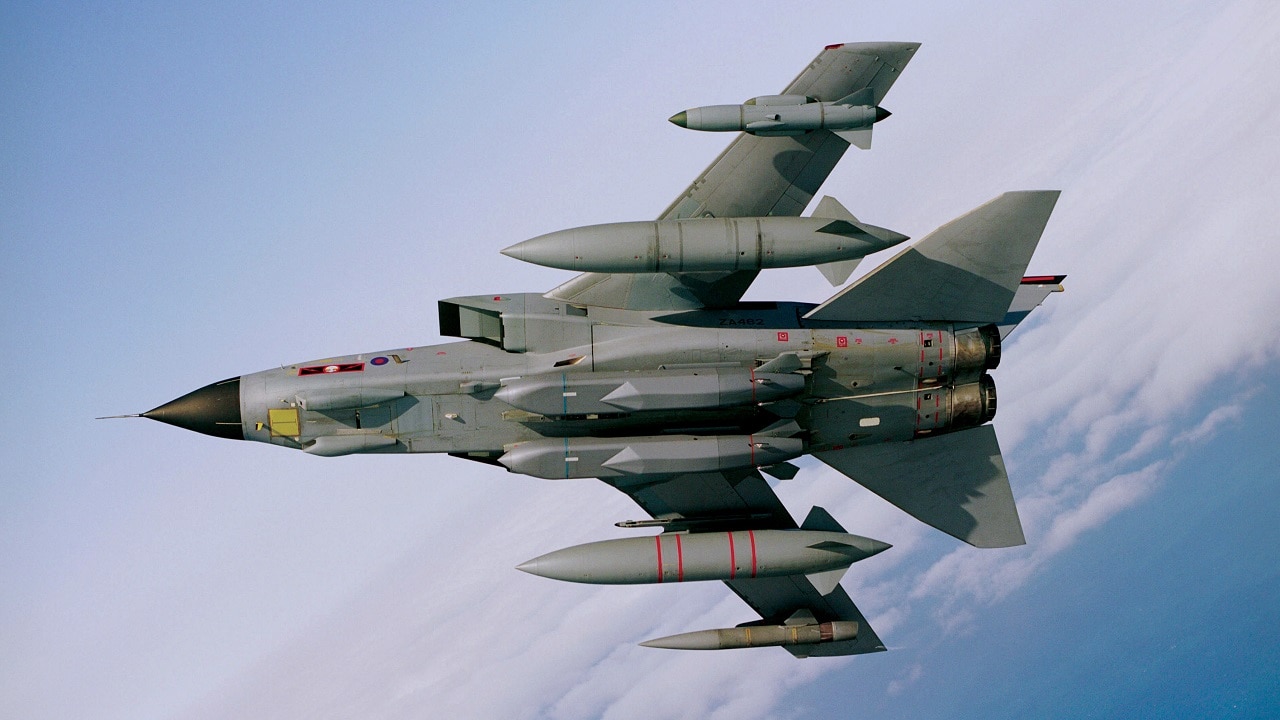“America’s new Ukraine map looks like Putin drew it himself,” reads a headline on the English-language page of the Ukrainian news site Euromaidan Press. The news organization was originally founded in 2014 during the Winter of 2013-2014 Revolution of Dignity in Ukraine and the subsequent Russian invasion and occupation of Crimea.
The 14 April article on the site refers to a plan to divide Ukraine into separate zones. It is supposedly proposed by the two special envoys to Ukraine and Russia appointed by US President Donald Trump, retired LTG Keith Kellogg, and real estate developer-turned-negotiator Steve Witkoff.
The partitions Kellogg is said to have proposed call for Ukraine to be divided into three regions. More than half the country from the border with Poland in the west to the river Dnipro would be protected by a joint formation of Ukrainian troops plus an Anglo-French “Peace Enforcement” force.
An all-Ukraine force would control the territory east of Kyiv, from the capital to the edge of the eastern zones occupied by Russian troops. Those occupied territories constitute the third region, but Russian troops stationed in these areas and Ukrainian forces in the zone to the east of Kyiv, which currently shoot at each other every day, would now be separated by an 18-mile-wide demilitarized buffer zone.
Partition of Ukraine? More Like The Partition of Poland
Pro-Ukraine supporters and most of Ukraine’s political leadership are less than enthusiastic about this plan. Kellogg was quoted by The Times of London as describing the separation of Ukraine into these three zones: “You could almost make it look like what happened with Berlin after World War Two, when you had a Russian zone, a French zone, and a British zone, a US zone.”
This characterization was met with numerous negative responses, many of which referenced the disastrous consequences of previous partitions throughout history in this part of the world.
The former world chess champion Garry Kasparov, who is himself an outspoken critic of the dictatorship of Russian President Vladimir Putin, criticized Kellogg’s comparison and stated, “If there are any parallels with WWII, it’s the [1939] division of Poland [by Nazi Germany and the USSR] rather than [the partition of] Berlin.”
A “Stunning Turning Point” in Ukraine War
The Euromaidan correspondent described this proposed resolution as “a stunning turning point” in the negotiations to end the conflict. “Postwar Berlin was divided because Nazi Germany had started a genocidal war across Europe.”
“It [Germany] was the defeated party, partitioned by the Allies to ensure it could never rise again. Ukraine, by contrast, is not the aggressor. It did not invade. It did not annex. It did not call for genocide. On the contrary, it is the victim of a ruthless, unprovoked war. And yet, here in 2025, it is being treated like the criminal, not the victim.
“To divide Ukraine as one might have divided Hitler’s Reich is a moral travesty. It gives legitimacy to Russian propaganda, which has long claimed that it invaded to “de-Nazify” Ukraine.
Others voiced their opposition to the plan, as it would de facto recognize Russian sovereignty over the territories it currently occupies.
Adding to the injury is the endorsement of Russia’s claims to the four Ukrainian regions it has occupied by Witkoff, who has parroted back Putin’s claims to this territory, citing the Russian language and rigged referenda conducted under occupation as justification.
“The Berlin Wall may have fallen in 1989,” reads the Euromaidan Press report, “but the logic that built it is alive and well in 2025.”

NATO F-16. Image Credit: NATO Flickr.
Kellogg has since called out the reporting in the Times as not being an accurate description of his remarks. He later wrote on X that:
“The Times article misrepresents what I said. I was speaking of a post-cease fire resiliency force in support of Ukraine’s sovereignty. In discussions of partitioning, I was referencing areas or zones of responsibility for an allied force (without US troops). I was NOT referring to a partitioning of Ukraine,” he explained.
About the Author: Reuben F. Johnson
Reuben F. Johnson is a survivor of the February 2022 Russian invasion of Ukraine and is an Expert on Foreign Military Affairs with the Fundacja im. Kazimierza Pułaskiego in Warsaw. He has been a consultant to the Pentagon, several NATO governments and the Australian government in the fields of defense technology and weapon systems design. Over the past 30 years he has resided in and reported from Russia, Ukraine, Poland, Brazil, the People’s Republic of China and Australia.

